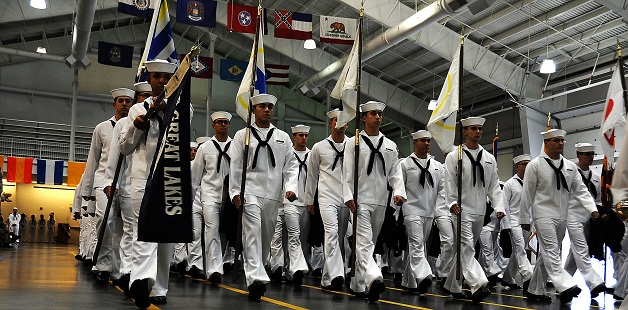In class actions under the Telephone Consumer Protection Act (“TCPA”), if defendant offers the named plaintiff complete relief for his TCPA claim, does such an offer moot plaintiff’s case? The Supreme Court announced on May 18, 2015 that it will weigh in on this and other significant questions in the matter of Campbell-Ewald Co. v. Gomez, No. 14-857. Specifically, the Supreme Court granted certiorari to rule on the following issues:
- Whether a case becomes moot, and thus beyond the judicial power of Article III, when the plaintiff receives an offer of complete relief on his claim.
- Whether the answer to the first question is any different when the plaintiff has asserted a class claim under Federal Rule of Civil Procedure 23, but receives an offer of complete relief before any class is certified.
- Whether the doctrine of derivative sovereign immunity recognized in Yearsley v. W.A. Ross Construction Co., 309 U.S. 18 (1940), for government contractors is restricted to claims arising out of property damage caused by public works projects.
In light of the popularity of consumer class actions, especially involving claims under the TCPA, the second issue is a critical unresolved issue for class action defendants. The underlying case involved the U.S. Navy engaging marketing consultant Campbell-Ewald to develop a recruiting campaign. Campbell-Ewald was involved in transmitting recruiting text messages to respondent Gomez and others. Gomez brought a class action under the TCPA, alleging that Campbell-Ewald violated the TCPA by transmitting unsolicited text messages to Gomez and class members. Before class certification, Campbell-Ewald made a Rule 68 offer to Gomez, offering to pay Gomez $1503.00 per violation, plus reasonable costs. Gomez rejected the offer. The Rule 68 offer covered all damages sought by Gomez individually, as the statutory damages for TCPA claims are capped at $1500 per violation. Campbell-Ewald moved to dismiss, contending that the Rule 68 offer for full relief mooted the claims of plaintiff and the class. The district court denied the motion, but later granted summary judgment on the grounds that Campbell-Ewald, as a government contractor, was entitled to derivative sovereign immunity. On appeal, the Ninth Circuit agreed that Gomez’s claims were not moot, but reversed the district court’s ruling regarding sovereign immunity. The Ninth Circuit ruled that sovereign immunity only applied where there is “property damage resulting from public works projects.” Gomez v. Campbell-Ewald Co., 768 F.3d 871, 880 (9th Cir. 2014).
The Ninth Circuit’s view that such prejudgment offers cannot moot the claims of a plaintiff or a putative class is shared by the Second and Eleventh Circuit. Other Circuits, however, including the Third and Seventh Circuits, have found that such offers can moot the claims of a plaintiff or the putative class. The Supreme Court’s decision on the issue will significantly impact class actions, especially those based only on statutory damages, such as cases under the TCPA and Video Privacy Protection Act (VPPA). In particular, TCPA class actions typically involve only statutory damages that are relatively simple to calculate, as the statutory maximum is $1500 per violation. Similarly, VPPA class actions typically rely on statutory damages of up to $2500 per violation. If the Supreme Court reverses the Ninth Circuit and holds that prejudgment offers for full relief to a TCPA plaintiff can moot the case for the plaintiff and the class, such a decision could dramatically affect the TCPA (and other) litigation landscape. Finally, if the Supreme Court were to also reach the issue of whether the derivative sovereign immunity doctrine extends to TCPA claims, such ruling would also be of great interest to companies engaged by government agencies.
Photo from the Official U.S. Navy Page from Flickr
